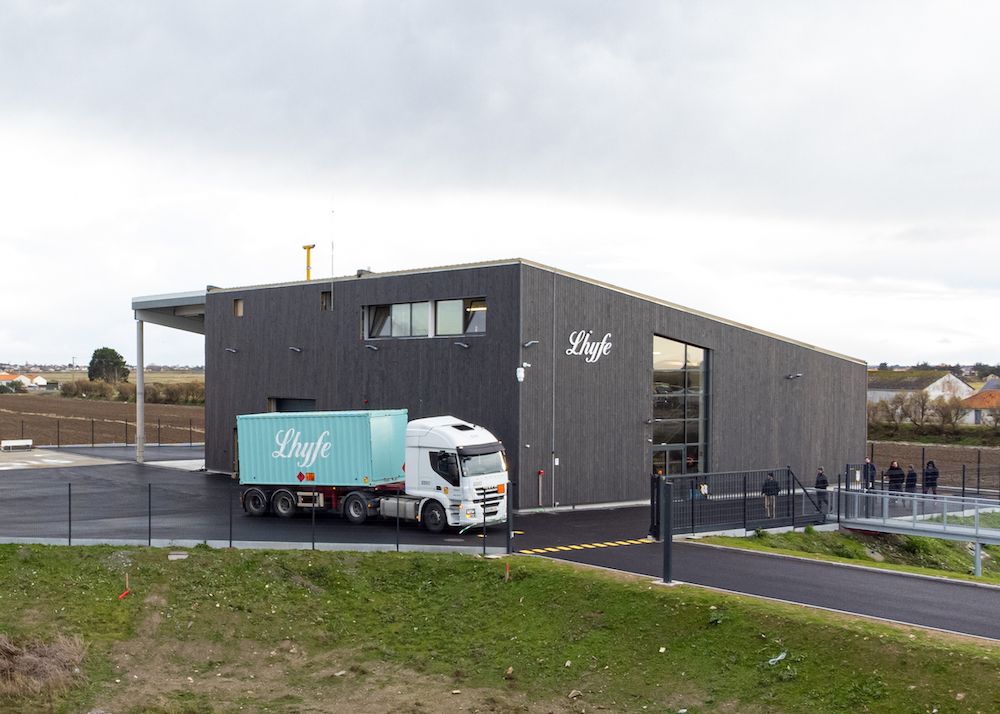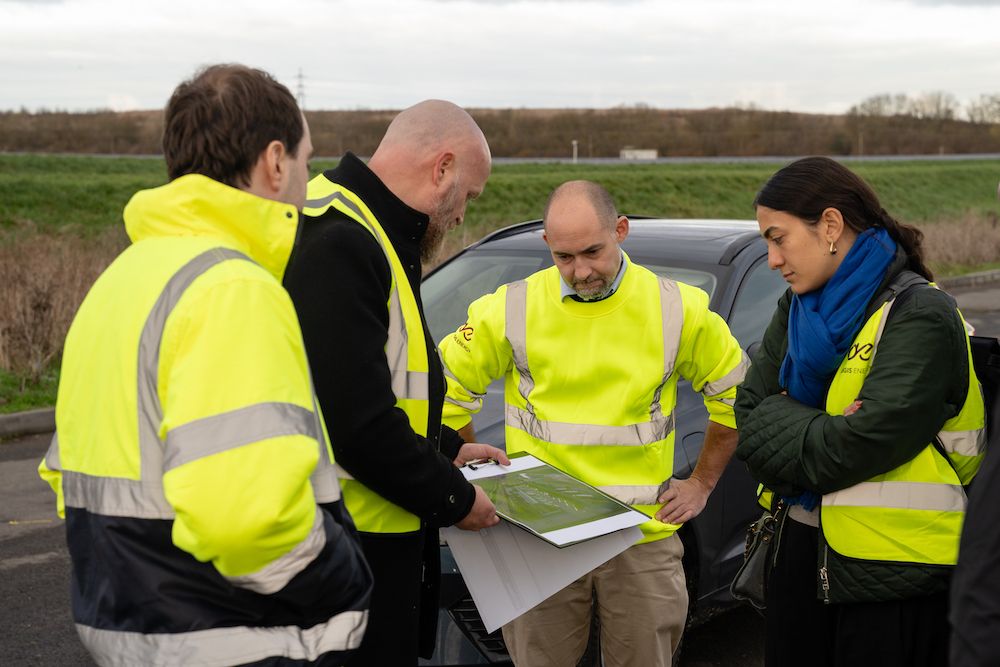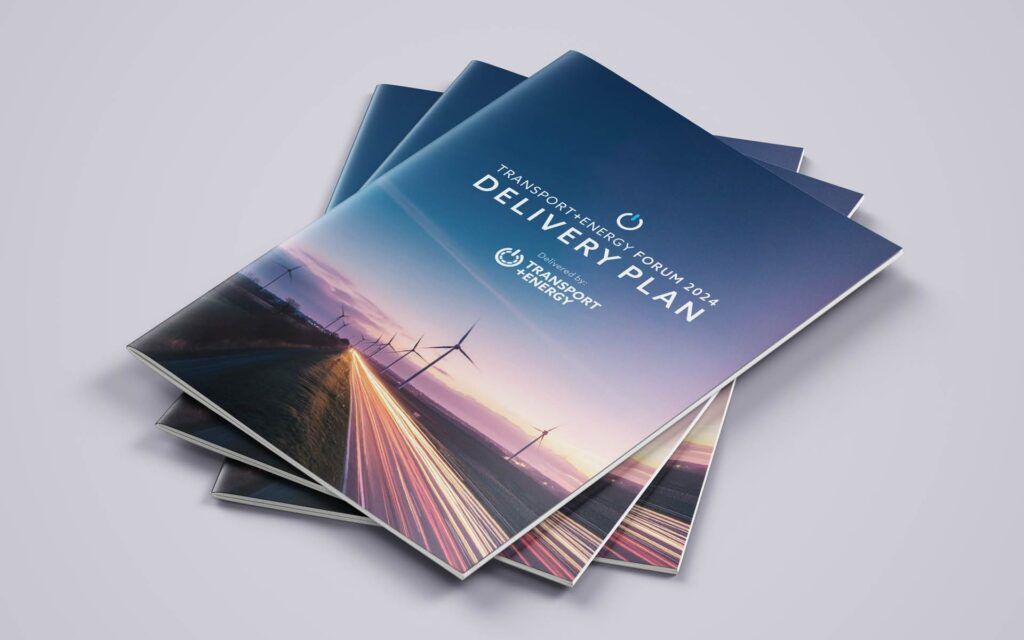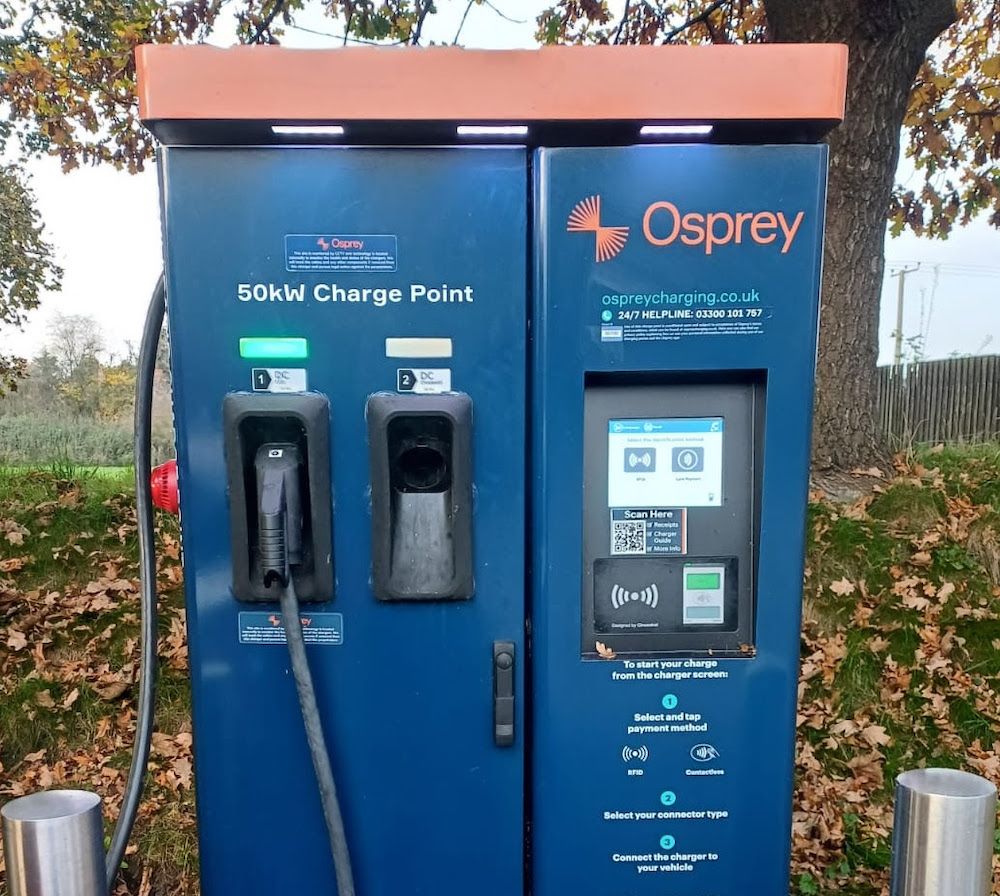Road infrastructure demand is insatiable, but climate change calls for lower emissions. As COP28 brings increased focus on construction, there will be an even greater onus on how the highways sector can take on both challenges and enable a future highway network which is safe, sustainable, resilient and tomorrow-ready. But how are we going to get there and what obstacles need to be overcome? Thomas Edgcumbe, Surfacing Solutions Managing Director at Aggregate Industries discusses.
As the United Nations (UN) climate conference (COP28) saw the built environment take centre stage, the scale and urgency of the climate crisis and the industry’s responsibility to address it comes into sharper focus.
According to the UN, the buildings and construction sector is responsible for 38% of global CO2 emissions. Of this, there is no doubt that a large chunk of emissions can be attributed to road infrastructure. After all, a road scheme can increase carbon emissions in several ways. There is the embodied carbon in the steel, concrete, asphalt and other raw materials used to build it. If there is extensive land clearance and removal of trees and other plants there is a loss of carbon capture. Further emissions come from construction vehicles and equipment used to complete the works. .
At the same time, the UK must continue to invest in building and renewing its transport infrastructure, in order to meet the increasing demand. This is seen as work begins on the second Road Investment Strategy (RIS2) which outlines a £27.4bn of funding for building new road capacity, improving the existing SRN and reducing its negative impacts.
To achieve both challenges, the task ahead lies in achieving much more with more less. Put simply, it’s about building better, smarter, more sustainably in a way which significantly reduces if not negates the carbon emissions generation and the negative environmental impact. This will require the widespread adoption of sustainable building materials and solutions. It will also entail the embedding of new practices and processes designed to support a lower carbon approach to road construction and maintenance. The circular economy must be accounted for too to ensure we reduce, reuse and recycle as much as possible in the construction industry, without impacting on quality. Firms will also need to adopt a much more rigorous approach to carbon measurement and assessment amid calls for better transparency and, in turn, accountability. Underscoring this too is the urgent need for greater collaboration across the supply chain and inclusive efforts across industry to help secure our sustainable future.
Indeed, this may appear a formidable feat, especially in the context of economic difficulty, inflation, high interest rates and skills shortages. But the good news is that help is at hand as leading industry players continue to explore new materials and technologies designed to reduce carbon emissions in road building projects.
More so, it appears the sector is fully on board the sustainable journey too. According to recent research we conducted amongst highways professionals, carbon reduction is amongst the highest priorities for two thirds of organisations (67%). A further 67 per cent have an official, published net zero strategy in place and almost three quarters (73%) are willing to pay more for a product or service that meets sustainability expectations.
But, while the ambition may certainly be there, there is certainly still a job to do in bringing it into action. This comes as our research shows that only half (53%) of all highway’s firms have audited their scope 1 emissions – a figure which plummets to 47% for scope two emissions and just 27% for scope three emissions. The worry here is that even against the backdrop of increasing innovation, it will prove incredibly difficult for highways professionals to estimate and validate how the choices they make will improve the overall sustainability performance without the right level of visibility.
Our findings suggest that a further obstacle comes in an apparent reluctance to adopt more sustainable practices. This is seen as changing materials (47%), plant investment (33%) and the ability to change general working practices (33%) are shown as some of the key challenges highway professionals face with regards to carbon reduction. Clearly then, there is a transition required in shifting away from ingrained practices and processes and embedding more carbon neutral techniques and materials in the road building process.
We also know that the cost of going green can prove prohibitive for many firms. While we know many firms are happy to pay more for sustainability, at the same time value for money remains the single biggest factor when choosing a construction materials supplier. Cash and cost are still king for many and that is not looking to go away anytime soon, especially with the macro-economic factors still impacting and squeezing costs.
The inference of this insight is that more needs to be done to promote the cost benefits of sustainable construction. Inherently, going green has had a reputation for being expensive. But this is changing as leading manufacturers, such as Aggregate Industries, bring low-carbon, high performance solutions to market that involve little-to-no additional cost. Further benefits also come in the scope for pollution and waste reduction measures, the enabling of re-use and recycling and, of course, improved environmental credentials. Take for example, our brand new carbon neutral Foamix ECO. Purposely built to support the National Highways target of delivering net zero construction by 2040, Foamix ECO is an on-site recycling cold-lay asphalt with an innovative mix of biogenic binder and carbon negative aggregates, that brings the first cradle to gate (A1-A3) carbon neutral material to the UK construction industry. The outcome is a cost-effective, high-quality solution that incorporates a high percentage of recycled materials, offering a lower carbon production process and a highly sustainable alternative for infrastructure projects. And this is just one of a number of breakthrough projects we have in the pipeline as part of our steadfast commitment to leading the highways industry towards a more sustainable future.
Also, there is a wealth of support out there from industry experts. At Aggregate Industries, for example, our team of experts are able to work closely with customers to help develop a powerful approach to sustainable specification and circular economy which can be continuously adapted in line with evolving needs. In addition we can provide a helping hand throughout the entire process; from key account management and onsite visits.
Following an enlightening COP28, there can be no questioning that it is ‘now or never’ to get on the road to net zero. With many of the innovations and technologies already on hand to charter the course, the recommendation is for highways professionals to go from ambition to action and leverage these today to make the biggest impact to our sustainable trajectory.
Image courtesy of Aggregate Industries. Headshot courtesy of Roy Kilcullen/RKP.uk.com












